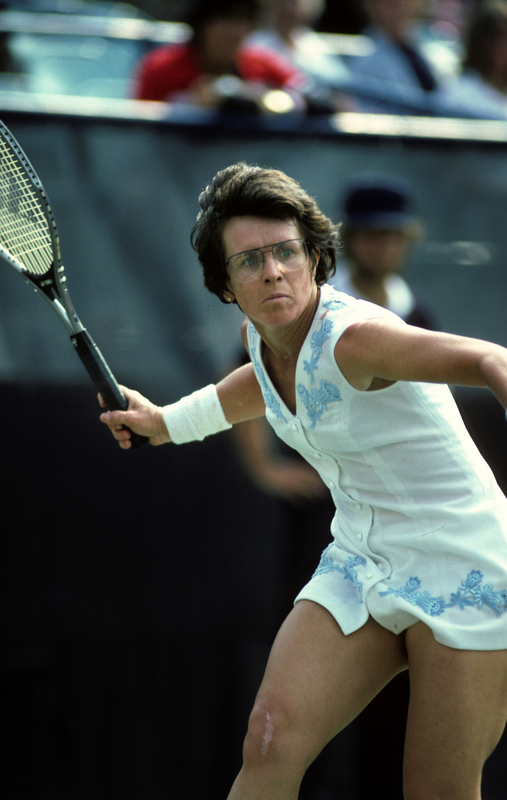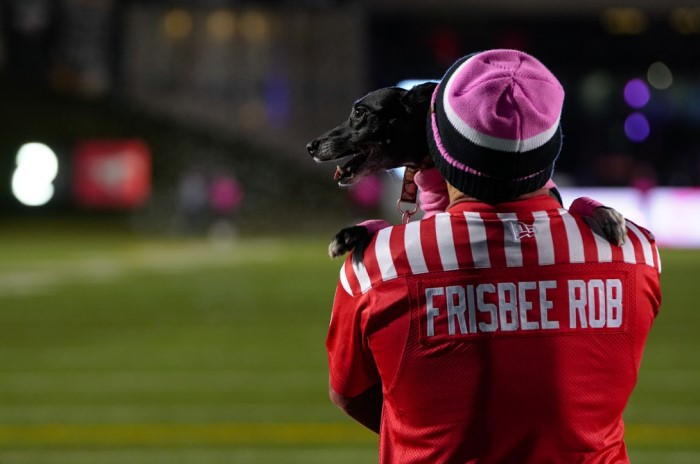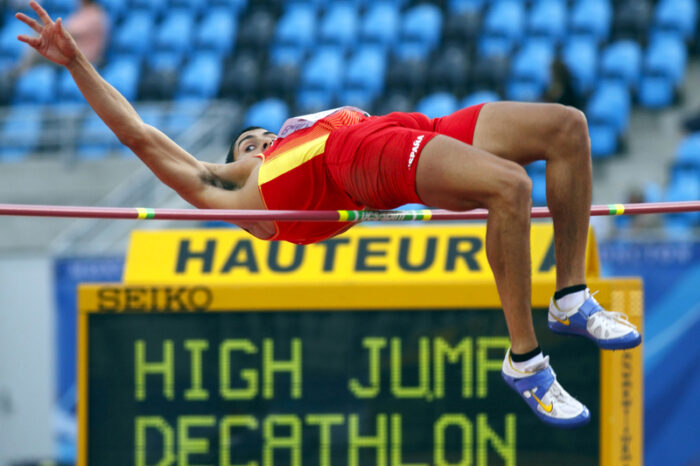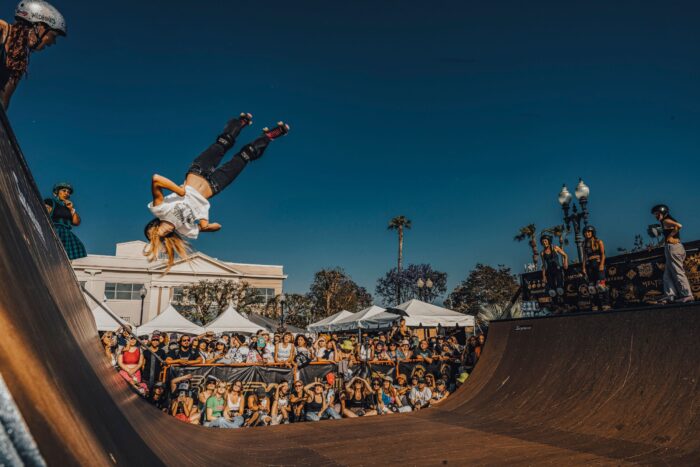This past Friday, June 3rd, Muhammad Ali died at 74 at a hospital near his home in Phoenix, Arizona. He was the heavyweight champion of the world three times, winning the title in 1964, 1974, and 1978. That alone would make him a man well worth remembering. But he was much more than that. For many people, he was an icon of African-American rights and protest.
“Float like a butterfly, sting like a bee”
Even when he began boxing professionally in 1960, Muhammad Ali was unlike any boxer anyone had ever seen. He was brash and loved to taunt opponents. But most impressive was his style. Though Ali was a heavyweight (that’s the heaviest class of fighter), he didn’t try to overpower opponents. Instead, he used sharp reflexes, quick hand speed, and dancing movement to make his opponents chase him. Stronger, more powerful boxers would actually tire themselves out trying to catch and hit Ali. He himself described his style as “Float like a butterfly, sting like a bee.” He took a sport that was based mostly on power and introduced new elements of speed, agility, and strategy. For this reason, many people (including the confident Ali himself) considered him “the greatest” fighter ever. With a pro record of 56 wins and only 5 losses, it’s hard to argue with that.
“What’s my name?”
Ali training in 1962 when he was still known as Cassius Clay. (Getty Embed)
Ali was born Cassius Marcellus Clay Jr. in Louisville, Kentucky on January 17, 1942. Shortly after winning his first heavyweight title by beating Sonny Liston in 1964, he converted to the religion of Islam. He also changed his name from Cassius Clay to an Arabic one: Muhammad Ali. At the time, the Civil Rights Movement was a big part of American politics. Martin Luther King Jr. would win the Nobel Peace Prize later in 1964. Rallies and protests for African-American rights were happening all across the country. And Ali himself experienced racial segregation (forced separation by law of races) as a young boy.
When Ali changed his name, many people, including the mainstream press, sports broadcasters, and even some fellow African-American athletes, still called him Clay. This angered Ali, but he used this anger to fuel his career. His public struggles to gain respect turned him into a civil rights hero. To his fans, he represented their own fight for their own heritage, culture, and religion. It helped that Ali was a thrilling speaker, often using rhymes as he spoke (in fact, many rappers have been influenced by his speaking style as he spoke to the press). He had great charisma — people wanted to hear him speak.
In addition, he became an antiwar hero when he refused to fight in the Vietnam War in 1966. As punishment, he had his boxing licence taken away for 3 ½ years. That he was willing to sacrifice his career and millions of dollars to take a stand against the war inspired many people.
Parkinson’s disease and later life
Ali in 2010 at a fundraising dinner in Toronto. (Getty Embed)
Ali returned to boxing in 1970 and fought until 1981, winning dozens more fights and two heavyweight titles. But shortly after he retired from boxing, he was diagnosed with Parkinson’s disease in 1984. Parkinson’s is a condition that slowly affects a person’s ability to speak and control body movements. This changed his appearance quickly. By the 1990s, the charming, dancing, magnetic athlete and speaker was very rarely seen in public. But Muhammad Ali had already done more than enough in 60s and 70s to become a star known around the world. He was controversial for many reasons. But most will remember him not only as perhaps the greatest boxer who ever lived, but also as a man who used his stardom to stand up for his religious beliefs and culture.
A tribute to Ali on the marquee of the Apollo Theatre in Harlem, New York. (Getty Embed)
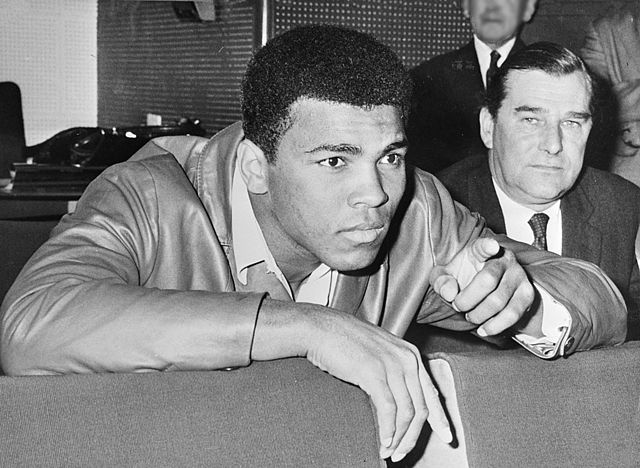 Muhammad Ali in 1966. He was bigger than boxing and known around the world. (Dutch National Archives, The Hague | Wikimedia Commons)
Muhammad Ali in 1966. He was bigger than boxing and known around the world. (Dutch National Archives, The Hague | Wikimedia Commons)
